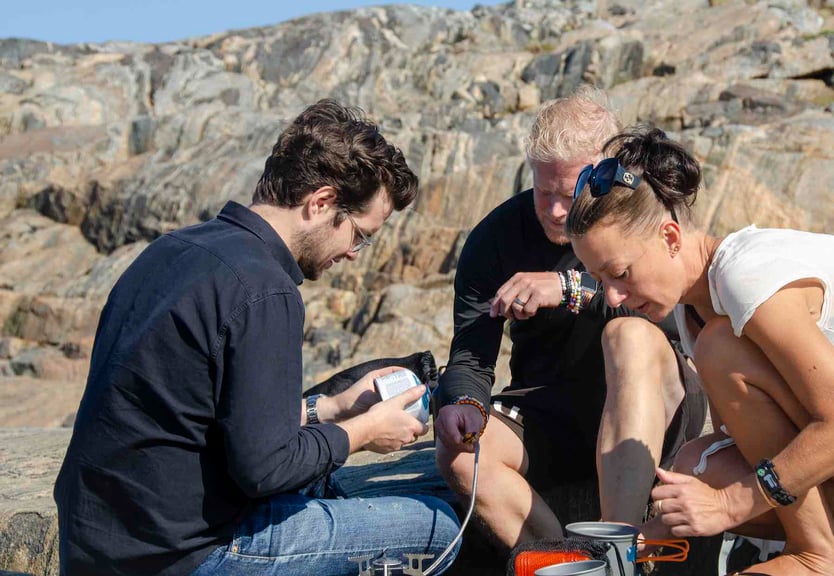Part of my job is collecting ideas, testing, and experimenting. At Zooma, you sometimes think we are all mad scientists because we love experiments. Most bold ideas are outside the wastepaper basket but on a Kanban board. After selecting which idea we want to implement, we get it up and try it out, tinker and tweak details, and evaluate the results until it becomes a best practice.
What is an experiment?
Experiments use metrics to confirm or disprove gut feelings about whether a new initiative will meet customer expectations. They help us to make more informed decisions about our ideas. It could be a simple A/B test on email subject lines, a new information architecture for a .com/.xx, or experimenting with content types. Experiments provide concrete reports and measurements to ensure you introduce the best version to impact business metrics positively.
Experimentation to establish best practice
A best practice usually emerges naturally after a period of trial and error. It is a set of guidelines that produce good results. Best practice refers to performing a task or configuring something.
Why is experimenting so important?
In today's data-driven age, marketers no longer rely only on concepts and theories. Instead, we can prove the value of a campaign or business decision by proving an existing theory or trying something completely new, no matter how big or small the company is.
If you run frequent tests for your marketing, sales, or service departments or business, make data-driven decisions, and include quality feedback, you will be more successful in the long term.
Our success at Amazon is a function of how many experiments we do per year, per month, per week, per day.
- Jeff Bezos, CEO
How to develop a culture of experimentation?
Success comes mainly through trial and error.
It takes more than good tools to build a culture of experimentation. It takes a whole new attitude. In many companies, managers hesitate to commit resources because of the risk associated with experiments. Success does not happen overnight. Success comes mainly through trial and error and constant repetition, despite failures. Conducting experiments means trying out something you have yet to learn whether it works. Otherwise, it would be something other than an experiment. The mindset should be: fail often and early, learn from the experience, and see it as an opportunity to improve.
Motivate your employees to share ideas
Motivate your employees to perform their tests. If you are a CEO, ensure that the culture allows your employees to try new things, even if you are not convinced or think they will fail. Motivate your employees to share ideas and propose experiments. The right corporate culture, especially error culture, is essential in experiments.
Where do I start with experiments?
Use Trello, Asana, Teamwork, or another Kanban tool to put all the ideas you get from sales, service, marketing, design, product development, and management together. Then, select and implement the ideas within a few days or weeks. If it takes several months, that means your experiments are too big. The last thing you want to do is spend too long on something where you don't know if it will work, spend too much money on it, and take it the wrong way.
Build a team within your organisation. Meet weekly or monthly to discuss, collect ideas, and evaluate the experiments.
Since 2019, we have appointed a best practice board—people with diverse backgrounds and skill sets within Zooma—whose sole mission is to launch initiatives, test them, and evaluate them every month. These are some examples of experiments that have passed the high requirements of the best practice board:
Best practices are often adopted unreflectively as templates by other marketers and implemented, sometimes with questionable or no success. But, used correctly, best practices can improve your performance if the tasks are simple enough. So dare to make your own experiences, experiments and discoveries. And yes, making mistakes is just a part of it, as is having the courage and being open to new things.
Good luck with your experiments.
If you want to learn more about why your business should experiment and how Zooma uses experimentation to establish best practices, listen to this conversion of the Onlinification Pod!



